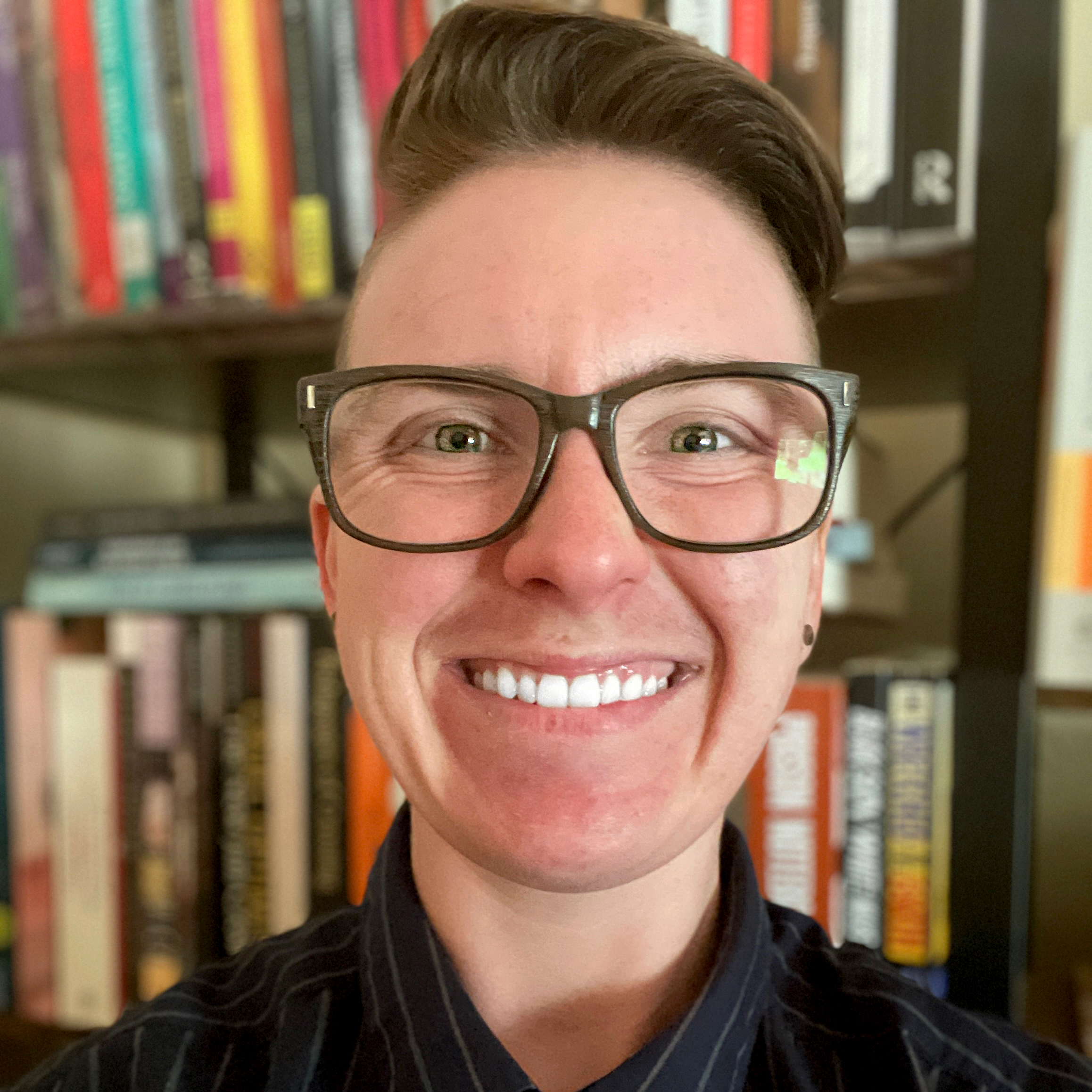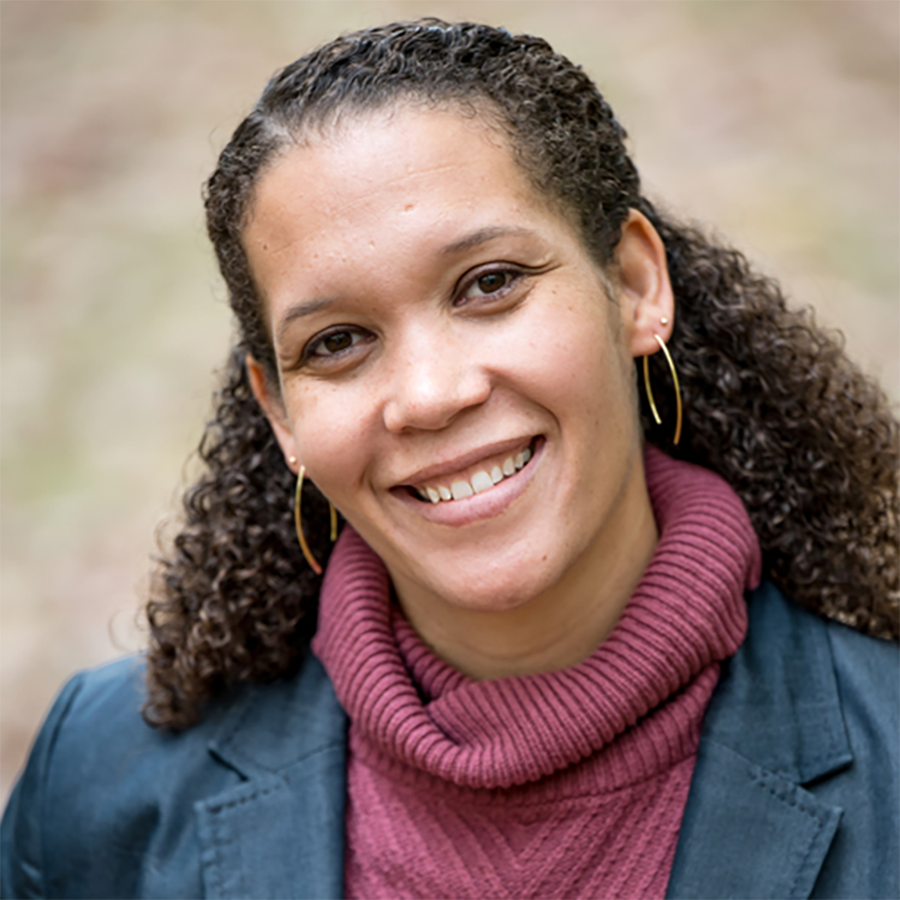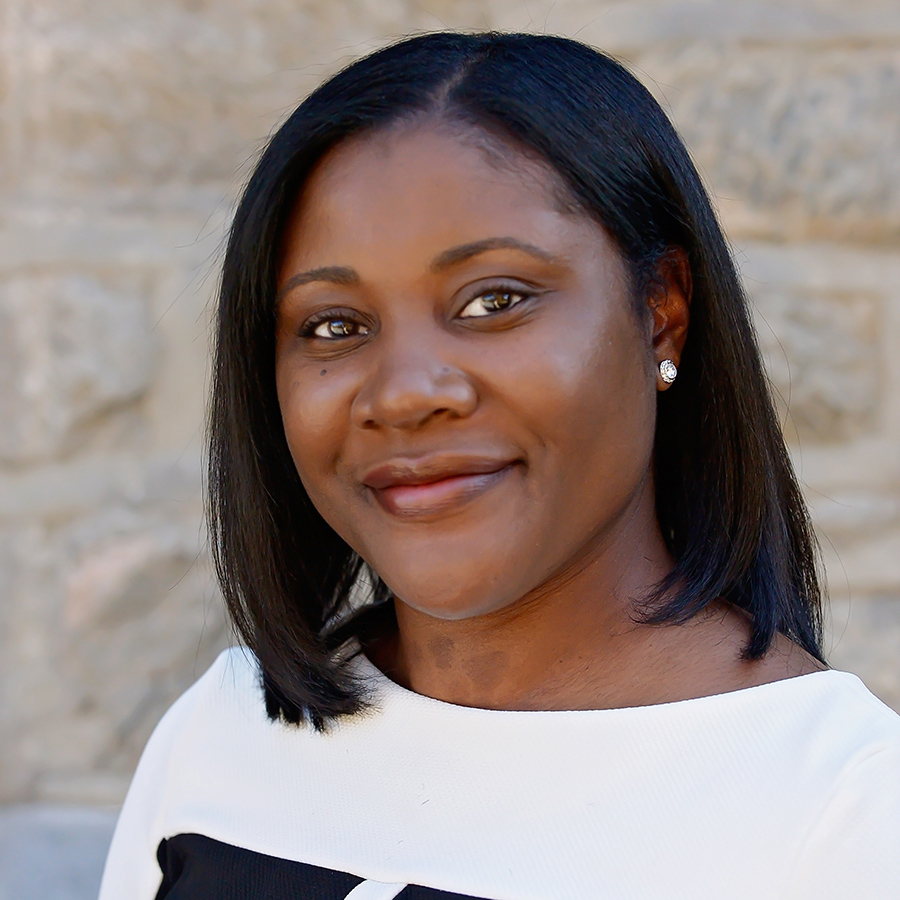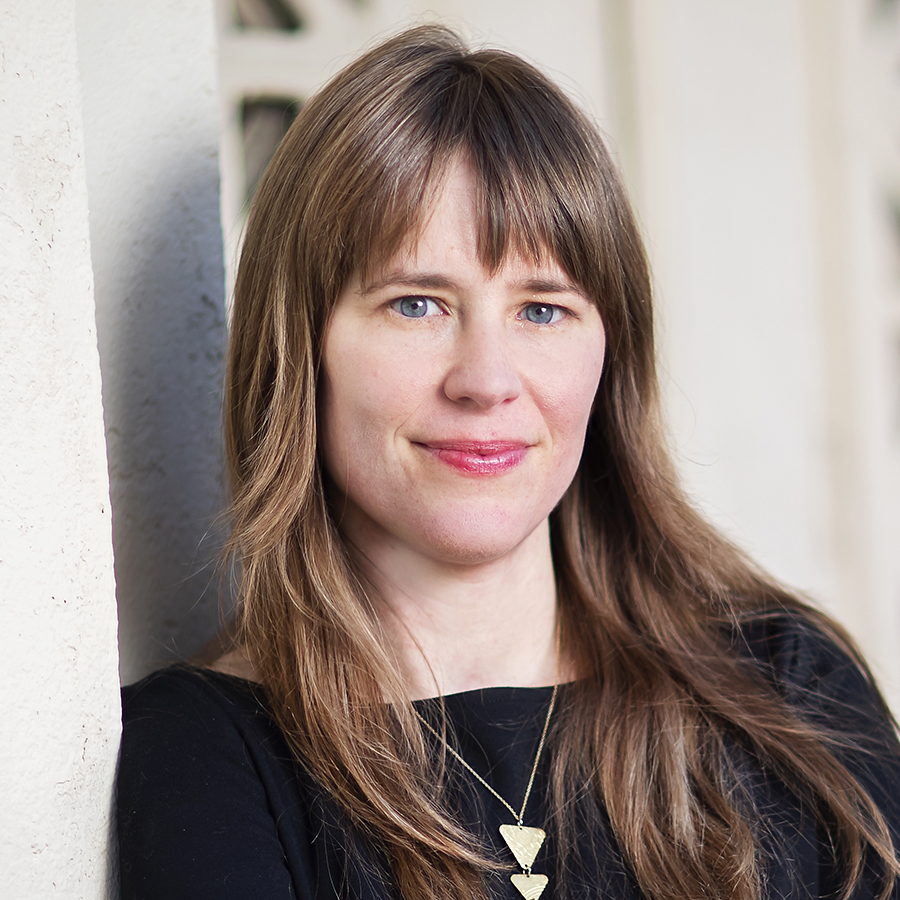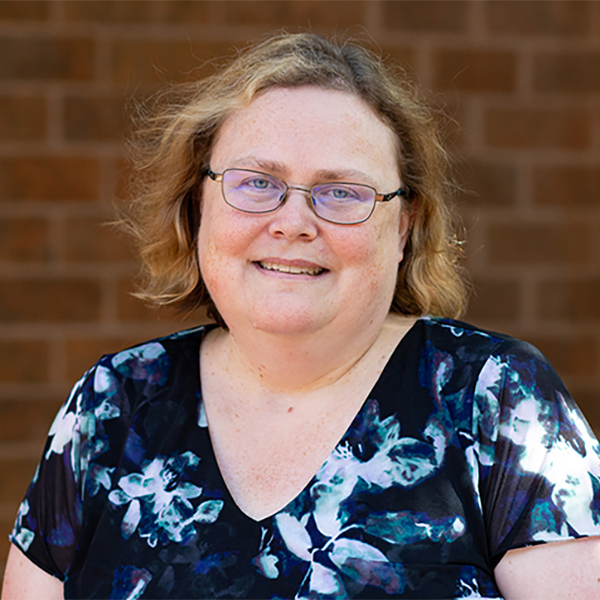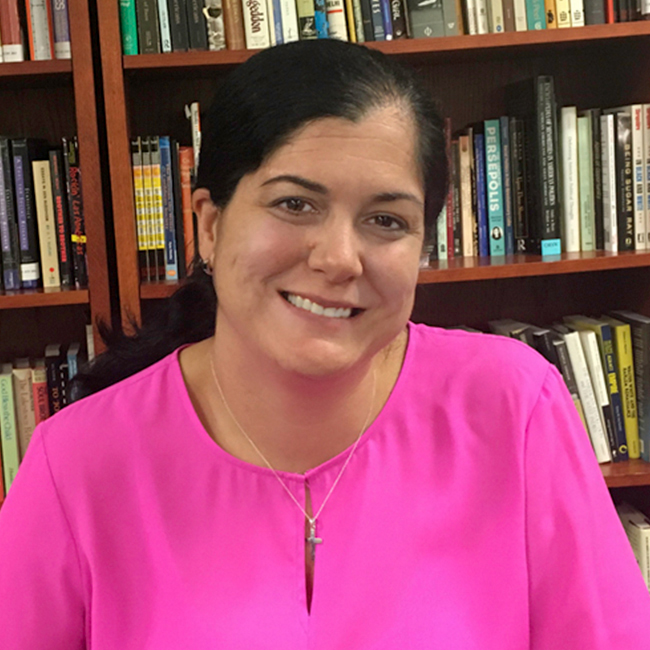About the Dialogue, Ethics, and Social Good course block
Change is inevitable. As we adapt to meet the needs of this 21st century moment, dialogue, ethics, and social good are more important than ever. This certificate explores why, through foundational examples from across the arts and sciences; it also offers everyday strategies for addressing important social problems that impact our personal and professional lives. We will ground our work in historical and emergent practices that challenge us to do things differently. This includes engaging with stories, models, and divergent questions that encourage transformative thinking—in service of shaping change for the better.
Bachelor of Applied Arts and Sciences degree courses in the Dialogue, Ethics, and Social Good course block are offered on an accelerated (8-week) schedule. Courses in the block are largely asynchronous with some optional synchronous sessions to be scheduled by the instructors.
All Penn LPS Online courses offer academic credit.*
Please note: Students who complete the four basic courses in this course block while enrolled in the Bachelor of Applied Arts and Sciences (BAAS) degree are awarded a Certificate in Dialogue, Ethics, and Social Good upon completion of the degree. If you are enrolled in the BAAS program and don't complete degree the requirements to graduate, you are not eligible to receive this certificate.
*Academic credit is defined by the University of Pennsylvania as a course unit (c.u.). A course unit (c.u.) is a general measure of academic work over a period of time, typically a term (semester or summer). A c.u. (or a fraction of a c.u.) represents different types of academic work across different types of academic programs and is the basic unit of progress toward a degree. One c.u. is usually converted to a four-semester-hour course.
The Dialogue, Ethics, and Social Good course block prepares you to:
- Analyze structural expressions of power, status, and capital in society
- Examine the ways race, class, sexuality, gender, and disability impact individual and group dynamics
- Demonstrate applied strategies for collaboration and community-building in personal and professional contexts
- Use qualitative and/or quantitative methods to investigate the psychological, cultural, political, economic, and environmental elements of organizational life
- Design practices that promote care, well-being, and emergent leadership in physical and digital spaces
- Evaluate examples of dialogue, ethics, and social good across sectors and disciplines
- Build adaptive toolkits that support information literacy, informed decision-making, and deliberate action
Courses
It is strongly recommended that students pursuing this course of study first complete DISG 1100: Introduction to Social Difference in American Society.
- DISG 1000: Centering Dialogue as a Leadership Strategy (required course)
- ICOM 1000: Intercultural Communication
- DIGC 1200: Digital Literacy and Cultural Change
- ENLT 1200: Literature, Culture, and Society
- DISG 1600: Race and Ethnicity in Organizations
- DISG 1700: Gender and Sexuality in Everyday Life
- ETHC 2000: Ethics and Society
- DISG 2000: Organizational and Institutional Power
- DISG 2100: Cultural and Social Identity
- DISG 2600: Addressing Inequity through Art and Design
- APOP 2700: Flourishing and Well-Being in Resilient Communities
- RELC 3100: Spirituality, Wellness, and Identity: Making Meaning in the Modern World
- DIGC 3200: Designing Critical Futures
*This course may not be offered every academic year. Check the course page or our course guide to see when upcoming terms are added.
Courses are subject to change.

